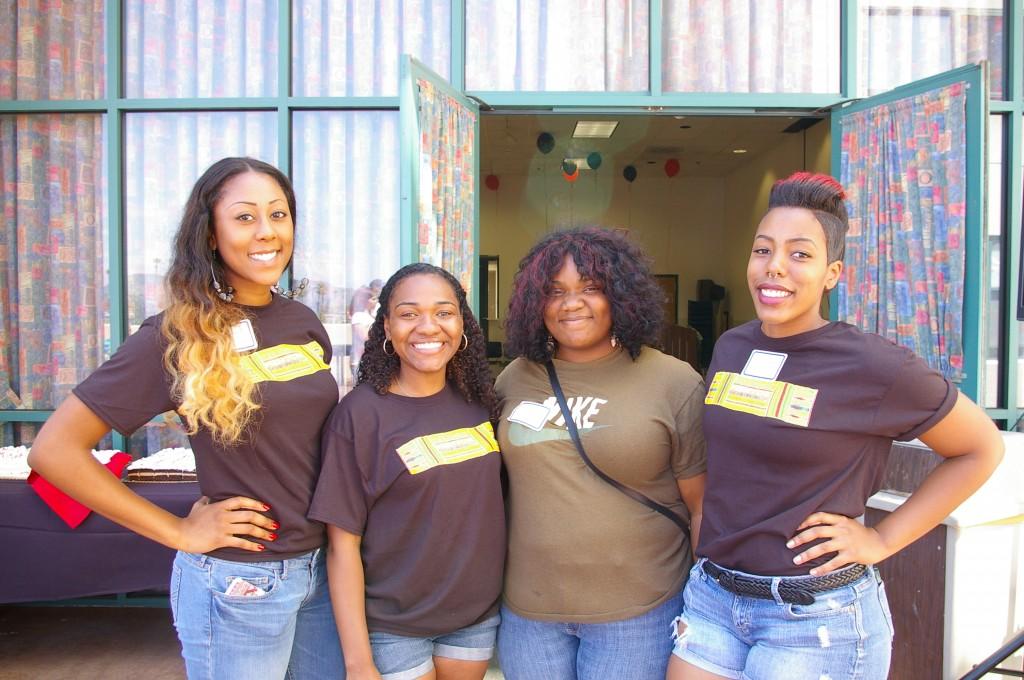This fall, San Diego State is introducing the Harambee Scholars Mentoring program for first-time African-American students.
The mentor program was launched as part of the Aztec Initiative, which is a component of the university’s strategic plan. The mentorship aims to give students experience with various aspects of campus life, foster academics and personal growth while providing exposure to international opportunities and increasing retention.
“The goal is promoting transition to the university and informing students of the community we are building and the resources that are available to them at SDSU,” Harambee Scholars Mentoring program Co-director Beverly Warren said. “This is a program that we want to be inclusive of all students that have an interest. There is no discrimination, though there is a focus population.”
The Harambee program was introduced to campus in 2009, with the Harambee Weekend, that gave underrepresented students an opportunity to get acquainted with SDSU.
[quote]This is a program that we want to be inclusive of all students that have an interest. There is no discrimination, though there is a focus population.[/quote]
The word “Harambee” means “to come together” in Swahili. In light of this, the program is a campus-wide collaboration between the Center for Intercultural Relations, Department of Africana Studies, the College of Sciences and the Educational Opportunity Program.
The Center for Intercultural Relations Co-founder and Director Tanis Starck said the program will help bring students together to thrive.
“Through the implementation of the Aztec Scholars Initiative’s ‘Harambee Scholars Mentoring Program’ it is our goal to help students grow and develop competence, manage emotions, move toward interdependence, develop interpersonal relationships, establish their identity, and develop purpose and integrity as an Aztec for Life,” Starck said.
Currently, 169 students are enrolled in the program for the fall semester. There are 44 mentors and four graduate assistants who supervise the mentors. Mentors must be upper-division SDSU students in good academic standing.
Chief Diversity Officer Aaron Bruce said having a mentor is a key component to student success.
“We have many different kinds of students coming from all different walks of life, it’s important that students can find people they can connect with to help guide them through our university and some of the challenges that might emerge,” Bruce said. “In addition, mentors will help challenge those students to be more excellent than they already are by taking advantage of things like study abroad or student government or other exemplarity leadership opportunities that we have on campus.”
Warren said the mentoring program is based on a curriculum devised by Reggie Blaylock, associate vice president for Student Services and former EOP director.
The program addresses student issues: time management, study skill sets, financial literacy and daily campus life. Students also participate in biweekly university seminar course presentations given by Student Life and Leadership and career services representatives in addition to other SDSU officials. Additionally, students are given library tours and presentations about financial aid, Warren said.
Mentors are paid $10 per hour and must work 10 hours a week for 10 weeks during each semester.
The program will be recruiting for additional members in spring 2014, Warren said.







